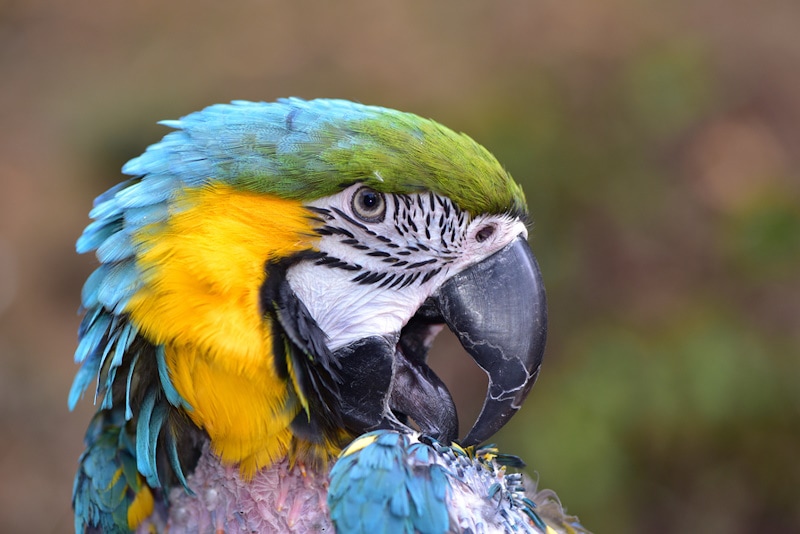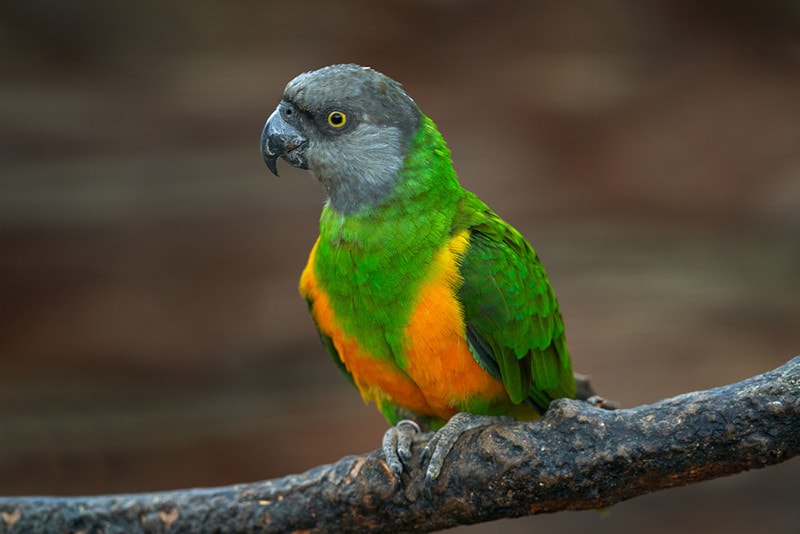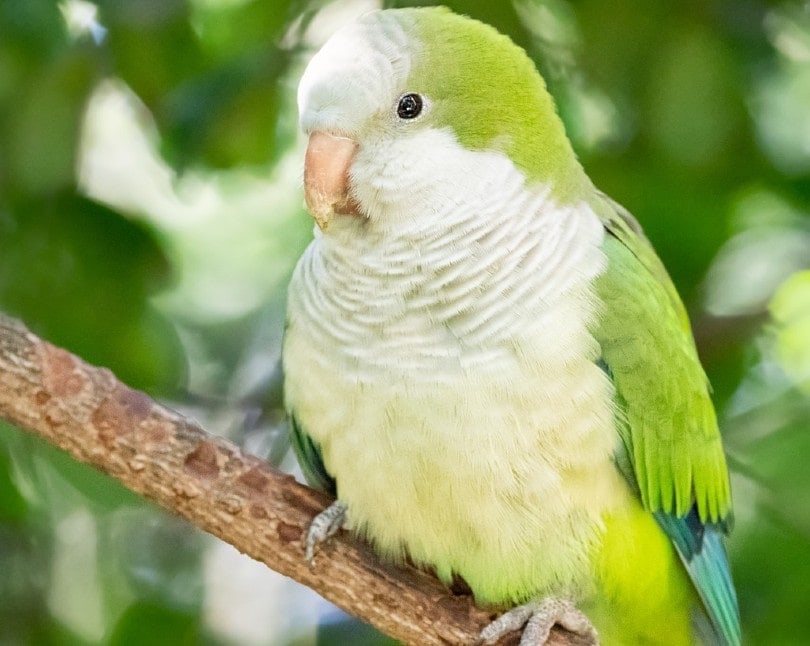Can Parrots Eat Asparagus? Vet-Reviewed Nutrition Guide
Updated on

Living life with a parrot of any species is entertaining and fun. However, when you’re a parrot owner, it’s crucial to provide your feathered friend with all the essential daily nutrients they need since they cannot fend for themselves in captivity.
It is important to note that when discussing parrots, we are talking about approximately 400 species of bird that make up the order Psittaciformes. Each group of parrots – macaws, conures, parakeets etc has its own special requirements when it comes to diet and nutrition. It is important to research the specific parrot species of interest when looking at appropriate and balanced food choices.
Parrots will eat all sorts of human foods, but can they and should they eat asparagus? Is it safe? This is a controversial one; lots of sources advise that asparagus is safe to be fed to parrots in moderation, but generally the consensus is that it isn’t necessary or recommended. There really isn’t much scientific research to go on, so with the controversy, it is best to err on the side of caution and keep asparagus off your parrot’s menu.
In this post, we’ll discuss the proper parrot diet so you know how to feed your parrot for optimal health.

Why Might Asparagus Not Be Recommended For Parrots?
The distinctive taste of asparagus is given by the amino acid, asparagine, which is a natural diuretic. Therefore too much asparagus can cause inappropriate fluid loss. Asparagus does contain vitamins and minerals, like vitamins C, A, K, and E, fiber, folic acid, potassium, and phosphorus, which are all beneficial for parrots. However, too much of it can cause digestive issues in some birds.
Asparagus is also moderately high in oxalates which can lead to calcium deficiency in birds, if fed too much and too frequently.

Tips for a Healthy Parrot Diet
According to avian experts, high-quality pellets should make up 50 to 70% of a parrot’s diet. Avoid pellets with added artificial sugars and dyes, which can cause disease in the long term.
Fresh veggies, fruit, nuts, berries and sprouted pulses should make up 30 to 50% of your parrot’s diet, with proportions of each dependent on the species of parrot you are caring for. Here’s a rundown of safe veggies and fruits to give your parrot:
Safe Grains
- Whole, cooked grains (brown or wild rice)
- Oats
- Barley
- Quinoa
- Buckwheat
- Soaked or cooked legumes
Safe Vegetables
- Cooked beans (kidney, lentils, lima, chickpeas, navy, soy)
- Beets
- Broccoli
- Brussels sprouts
- Bok Choy
- Carrots
- Cauliflower
- Kale
- Leafy greens
- Red/green peppers
- Pumpkin
- Romaine lettuce
- Spinach
- Squash
- Sweet potato
- Tomato (not stems or leaves – these are toxic)
- Zucchini

Safe Fruits
- Apples (no pits)
- Apricots (no pit, leaves or bark)
- Bananas
- Blueberries
- Cantaloupe
- Cherries (no pit or leaves)
- Fig
- Grapes
- Kiwi
- Melons
- Mango
- Oranges
- Papaya
- Peaches (no pit or leaves)
- Pears
- Pineapples
- Plums (no pit or leaves)
- Pomegranates
- Raspberries
- Strawberries
Foods to Avoid:
- Avocados (toxic)
- Caffeine
- Onions
- Garlic
- Scallions
- Dairy products
- Rhubarb
- Mushrooms

Conclusion
Remember that the main portion of your parrot’s diet should be high-quality pellets. Parrots also enjoy a variety of veggies and fruits, but asparagus is a vegetable we can’t be certain on just yet. Asparagus has many nutrients that would benefit a parrot but there are other, safer vegetables that can offer this too. With the limited research and some sources warning of the risks, we think it is better to err on the side of caution and leave asparagus off the menu for the moment.
Featured Image Credit: JumpStory











